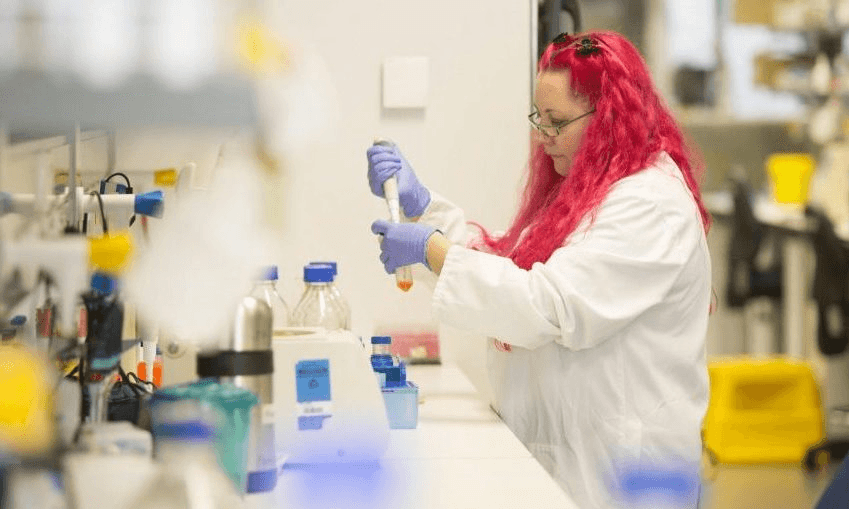As media coverage of Covid-19 has really ramped up, people have started asking me how they should talk to kids about the disease. So, here are some handy tips.
The Spinoff’s ongoing coverage of the Covid-19 outbreak is made possible thanks to Spinoff Members. To support our journalism join members here.
Don’t talk to your kids if you are feeling anxious or fearful.
They will pick up on your anxiety and that will make them anxious. Instead, work through your own feelings and then when you are ready, broach it with them. Stay calm, and if they start to get anxious, acknowledge their feelings and suggest you talk about it another time.
Start by sounding them out.
Do they know what viruses are? Have they heard of this one? If they have, what have they heard? If they already have some info, is it actually true?!
Let’s stop talking about germs and bugs.
I think this is a great opportunity for us all to start talking about viruses and bacteria instead of germs and bugs. For starters, those words often already have negative emotions associated with them. Here’s what I think it would be great for everyone to know:
- Bacteria and viruses are teeny tiny life forms – also called microbes and that you usually need a microscope to see them properly.
- Just like we can’t live without bees, we can’t live without bacteria and viruses – they do lots of really important stuff for the planet.
- Some microbes can make us sick – like the viruses that give us colds and upset tummies.
- Bacteria and viruses are very different and a good way to think about them is to think about phones and apps. Bacteria are like phones – you turn them on, and they work. They do stuff. Apps don’t work unless they are loaded on to your phone. They need the phone to work. In the same way, viruses need our cells to be able to grow and make more copies of themselves. They can turn our cells into virus-producing factories.
If you haven’t already seen the little show my daughter and I made about microbes, you might want to check that out here. We don’t cover viruses but do show some of the other microbes that we live with every day.
So what to tell them about Covid-19?
I think it’s important to explain that this virus can make some people really sick, and some people even die, but not everyone.
It is really new so scientists and doctors are still trying to figure out everything about it. But one thing they do know is that it spreads like a cold. I would emphasise that it’s not spreading in people in New Zealand but that we should all be learning how we could stop it spreading if it was here.
The best way to protect ourselves and others is to wash our hands and sneeze and cough properly.
Dr Michelle “Nanogirl” Dickinson has made an excellent video that shows why washing hands is so important for getting rid of viruses.
The important things to remember are:
- You need to wash your hands for 20-30 seconds – try singing “Happy Birthday” two-three times.
- Use plenty of soap – it doesn’t have to be antibacterial, normal works just fine.
- Make sure you get in all the nooks and crannies, between your fingers, and under your nails.
- Make sure you dry your hands afterwards because wet hands pick up bacteria and viruses much more easily than dry ones.
As for sneezing and coughing, never sneeze or cough into your hand. If you don’t have a tissue handy, use the inside of your elbow.
I hope this all helps!



